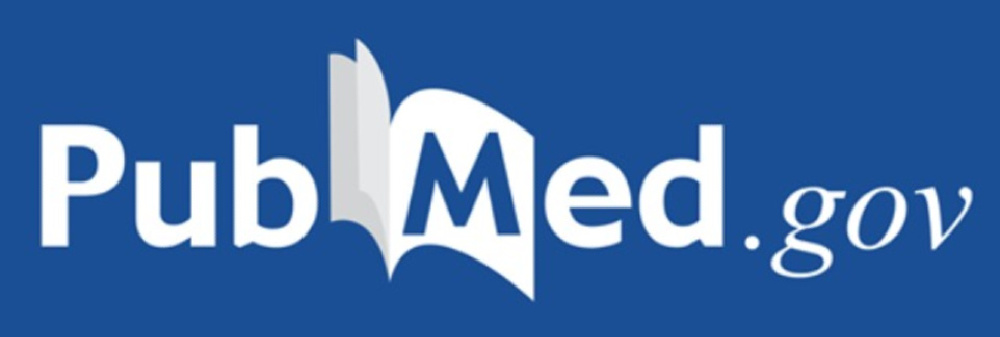- PMID: 33336182
- PMCID: PMC7729210
- DOI: 10.1016/j.wjorl.2020.07.004
Abstract
Aspirin-exacerbated respiratory disease (AERD) is characterized by the triad of chronic rhinosinusitis with nasal polyposis, adult-onset asthma and non-IgE mediated reactions to aspirin and other cyclooxygenase-1 (COX-1) inhibitors. Patients with AERD are dependent on COX-1 activity to maintain production of prostaglandin (PG) species, such as PGE2, which maintain physiologic levels of inflammation and limit the production of pro-inflammatory cysteinyl leukotrienes. The endogenous cannabinoid system is a family of immunomodulatory lipids and their innate g-protein coupled receptors that are closely related to arachidonic acid and may modulate inflammation via several pathways, including the direct production of metabolically active prostaglandin glycerol-esters. A recent pilot study has identified the significant up-regulation of the peripherally expressed, type-2 cannabinoid receptor (CB2) in AERD nasal polyps versus control tissues from patients with either allergic fungal rhinosinusitis or no history of chronic sinonasal inflammation. These early findings suggest the involvement of increased endogenous cannabinoid activity in prostaglandin deficient states such as AERD. Future study is needed to explore the significance of these findings, with specific investigation of the impact of CB2 activation on markers of airway inflammation, as well as the potential to measure CB2 expression as a screening biomarker for the evaluation of unrecognized disease.
Keywords: Aspirin-exacerbated respiratory disease, Chronic rhinosinusitis, Eicosanoids, Endocannabinoids, Endogenous cannabinoid, Prostaglandins
© 2020 The Author.
References
-
- White A.A., Stevenson D.D. Aspirin-exacerbated respiratory disease. N Engl J Med. 2018;379:1060–1070. – PubMed
-
- Sousa A.R., Parikh A., Scadding G., Corrigan C.J., Lee T.H. Leukotriene-receptor expression on nasal mucosal inflammatory cells in aspirin-sensitive rhinosinusitis. N Engl J Med. 2002;347:1493–1499. – PubMed
-
- Turcotte C., Chouinard F., Lefebvre J.S., Flamand N. Regulation of inflammation by cannabinoids, the endocannabinoids 2-arachidonoyl-glycerol and arachidonoyl-ethanolamide, and their metabolites. J Leukoc Biol. 2015;97:1049–1070. – PubMed


